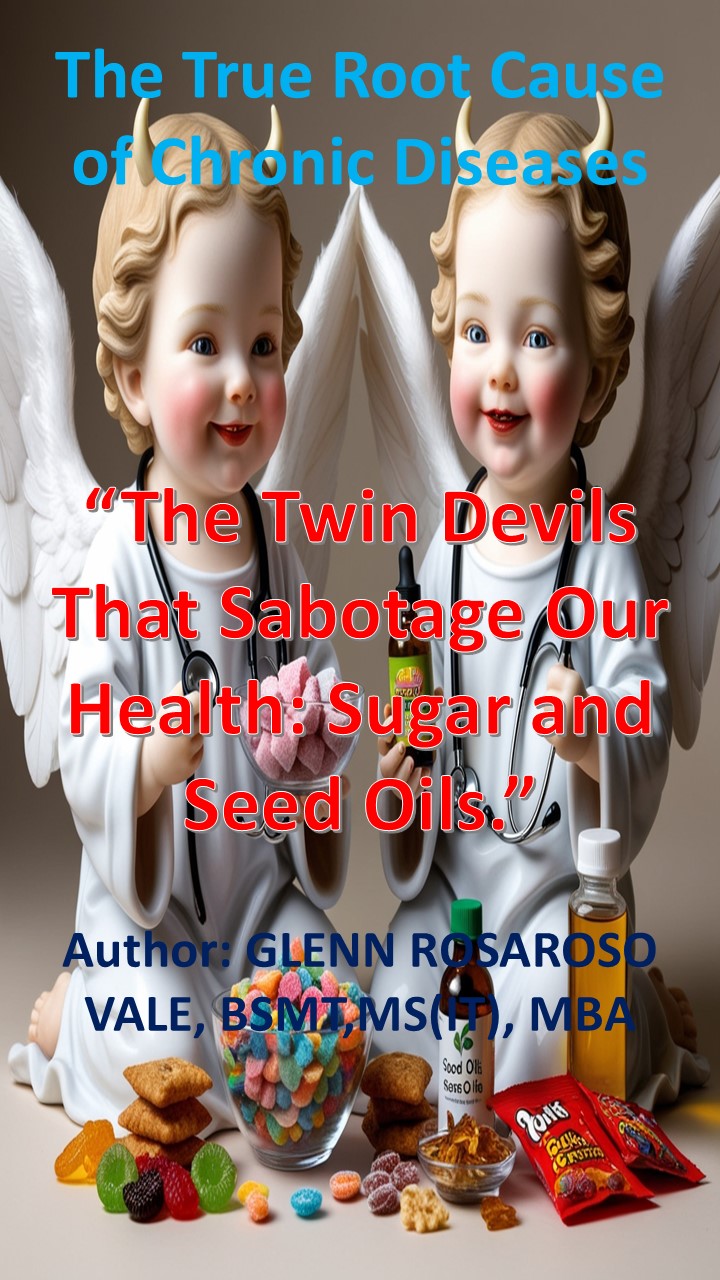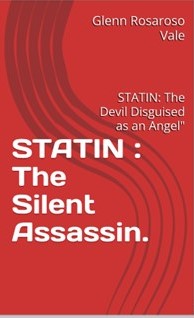"Uncover the truth behind the groundbreaking discovery of the causes of the world's biggest problems. 'The Root Causes' will change how you view the world!"
The Cholesterol Scam: Unraveling the Myths of a Misguided Belief
The Birth of the Cholesterol Myth: Ancel Keys and the Lipid Hypothesis The Cholesterol Scam: Exposing the Myth That Has Been Engrained for Over 70 Years For over seventy years, we have been misled about cholesterol and its supposed connection to heart disease. This widespread belief has shaped government policies, influenced medical recommendations, and led to the creation of a multi-billion-dollar pharmaceutical industry. The idea that cholesterol causes heart attacks has been drilled into our minds through propaganda and misleading studies. But what if this widely accepted theory was wrong all along? What if the truth about cholesterol is far different from what we’ve been told? The Birth of the Cholesterol Myth: Ancel Keys and the Lipid Hypothesis In the 1950s, an influential figure named Ancel Keys became central to the promotion of the cholesterol myth. Keys, a physiologist and epidemiologist, is best known for his "lipid hypothesis," which claimed that a high cholesterol diet led to heart disease. To support his hypothesis, Keys conducted a study involving data from 22 countries. His goal was to prove that people who ate more cholesterol-rich foods had higher rates of heart disease.
MEDICATIONDISEASESNUTRITION
Glenn Rosaroso Vale, BSMT, MS(IT), MBA
11/30/20246 min read
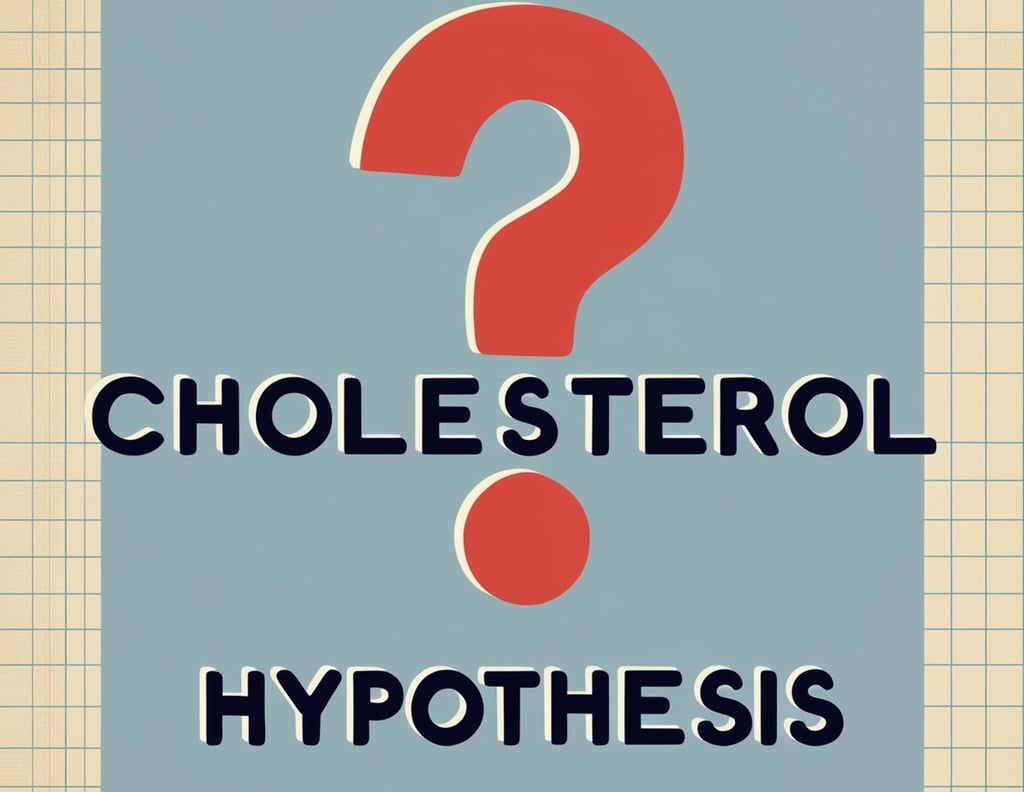

The Birth of the Cholesterol Myth: Ancel Keys and the Lipid Hypothesis
The Cholesterol Scam: Exposing the Myth That Has Been Engrained for Over 70 Years
For over seventy years, we have been misled about cholesterol and its supposed connection to heart disease. This widespread belief has shaped government policies, influenced medical recommendations, and led to the creation of a multi-billion-dollar pharmaceutical industry. The idea that cholesterol causes heart attacks has been drilled into our minds through propaganda and misleading studies. But what if this widely accepted theory was wrong all along? What if the truth about cholesterol is far different from what we’ve been told?
The Birth of the Cholesterol Myth: Ancel Keys and the Lipid Hypothesis
In the 1950s, an influential figure named Ancel Keys became central to the promotion of the cholesterol myth. Keys, a physiologist and epidemiologist, is best known for his "lipid hypothesis," which claimed that a high cholesterol diet led to heart disease. To support his hypothesis, Keys conducted a study involving data from 22 countries. His goal was to prove that people who ate more cholesterol-rich foods had higher rates of heart disease.
However, when Keys reviewed the data, he found that it was far from conclusive. The data was scattered, and there were inconsistencies that failed to support his theory. Rather than presenting the data honestly, Keys selectively chose only the countries that seemed to fit his narrative. He discarded 15 countries that didn’t align with his hypothesis, thus skewing the data and creating a correlation that didn’t truly exist.
Despite the questionable data manipulation, Keys' theory gained traction. In part, this was due to his close ties with political figures, including President Dwight Eisenhower, who had his own heart issues. Eisenhower’s support helped propel the idea of a low-fat, cholesterol-free diet as the solution to heart disease. This policy, heavily influenced by Keys' flawed research, was embraced by the U.S. Department of Agriculture (USDA) and the American Heart Association (AHA). The message spread globally, and soon, food labels began proudly advertising "no cholesterol" as a selling point, all in the name of heart health.
The Minnesota Coronary Experiment: A Damning Study
One of the most significant studies that supported the lipid hypothesis was the Minnesota Coronary Experiment, conducted in the 1960s and 1970s. Led by Ancel Keys himself, this large, controlled clinical trial aimed to determine the effects of replacing saturated fats with polyunsaturated fats, such as corn oil, on heart disease risk. The study involved nearly 10,000 participants, mostly institutionalized adults.
The goal was to see if the replacement of animal fats (which are high in saturated fat) with corn oil (a polyunsaturated fat) would reduce heart disease mortality. The results were clear in some ways: cholesterol levels dropped in the participants who consumed the polyunsaturated fats. However, the hoped-for reduction in heart disease mortality did not materialize. In fact, there was no significant evidence to suggest that the switch in fats led to a decrease in heart disease or death.
But here’s where the story gets even more troubling. When Ancel Keys realized that his initial theory might have been wrong, he was reluctant to admit his mistakes. The diet-heart hypothesis had already become popularized, and admitting failure would have been a public embarrassment. Rather than releasing the data, Keys kept the results of the Minnesota Coronary Experiment hidden for decades. It wasn't until 43 years later, in 2016, that the full data from the experiment was made public—thanks to an accidental discovery.
In a shocking twist of fate, the data was found by an estate investigator who stumbled upon the research materials in Keys' basement. This discovery led to the release of the study, which contradicted the very theory that had shaped nutritional guidelines and public health policies for decades.
The Rise of Statins: A Multi-Billion Dollar Industry
Even though the original science behind the cholesterol-heart disease connection has been debunked, the pharmaceutical industry continues to profit from it. The statin industry, which emerged from the belief that lowering cholesterol prevents heart disease, is now a trillion-dollar business. Statin drugs, which are designed to lower cholesterol, are among the most prescribed medications worldwide.
But the truth is that statins may be doing more harm than good. Many individuals who take statins experience a range of side effects, including headaches, muscle pain, fatigue, liver damage, cognitive decline, and even erectile dysfunction. For many people, the risks of statins far outweigh the benefits, especially when you consider that the cholesterol-heart disease connection was never as clear as once thought.
Why the Cholesterol Myth Endures
The cholesterol myth is so deeply ingrained in our culture and healthcare systems that it’s hard to challenge. For decades, it has been promoted by powerful organizations like the USDA, AHA, and pharmaceutical companies. Together, they have created a multi-billion-dollar industry based on a theory that may not even be true.
What’s more concerning is that the ongoing push for low-fat diets and widespread use of statins is not based on sound scientific evidence. Instead, it’s driven by financial interests, corporate greed, and outdated research that has been selectively interpreted or outright manipulated. As a result, millions of people around the world are subjected to unnecessary medications and dietary restrictions that do more harm than good.
The Truth About Cholesterol: A New Perspective
The truth is that cholesterol is not the villain it’s made out to be. Cholesterol is a vital substance in our bodies, necessary for hormone production, cell membrane structure, and the production of vitamin D. In fact, many of the foods that contain cholesterol—such as eggs—are nutrient-dense and can be part of a healthy, balanced diet.
While it’s true that high levels of LDL (low-density lipoprotein) cholesterol are associated with heart disease, the relationship is far more complex than simply eating cholesterol-rich foods. But association does not necessarily mean causation. Genetics, inflammation, and lifestyle factors like exercise and stress play a much larger role in determining heart disease risk.
Taking statins or following a low-fat, cholesterol-free diet may not be the solution to heart disease that we’ve been led to believe. In fact, these interventions may be doing more harm than good, leading to side effects and a decreased quality of life. It’s time we questioned the narrative that has been sold to us for decades and started looking at cholesterol—and heart health—from a more holistic and scientifically accurate perspective.
Conclusion: A Call for Reexamination
The cholesterol myth has persisted for over 70 years, but new research and a growing understanding of heart disease suggest that the science behind it may be flawed. As we continue to learn more about the true causes of heart disease, it’s time to stop blindly following outdated guidelines and start focusing on what really matters: a balanced diet, regular exercise, stress management, and overall health.
The cholesterol theory is not just a scientific issue; it’s a societal one. It has shaped healthcare policies, influenced medical treatments, and led to the growth of the statin industry—all at the expense of our health and well-being. It’s time to rethink the cholesterol myth and demand better, evidence-based approaches to heart health. The truth is out there—let’s find it and free ourselves from decades of misinformation.


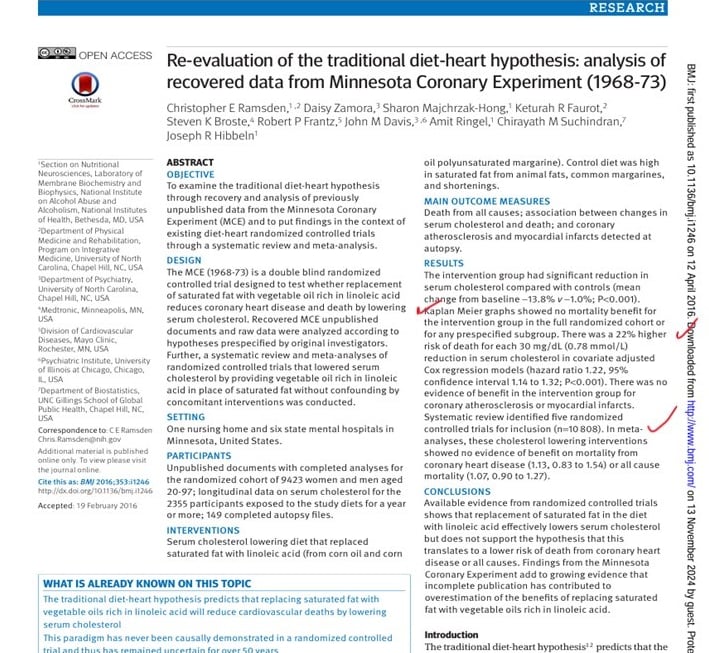

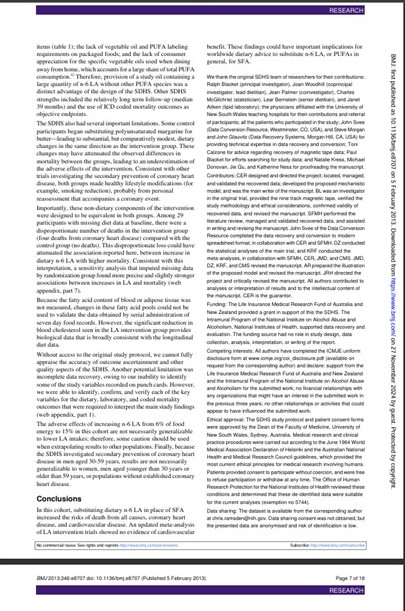

What They Say?
You didn’t come this far to stop
Write a short text about your service
Write a short text about your service
Write a short text about your service






Ruben Rivera
This is an important article that everyone should read to understand the great deception surrounding statins. Learning the truth could potentially protect your health and even save your life.

Health
Understanding illness to empower your well-being journey.
Wellness
Knowledge
info@rootcauseprevention.com
903-268-6664
© 2024. All rights reserved.
grfv@sbcgloal.net
